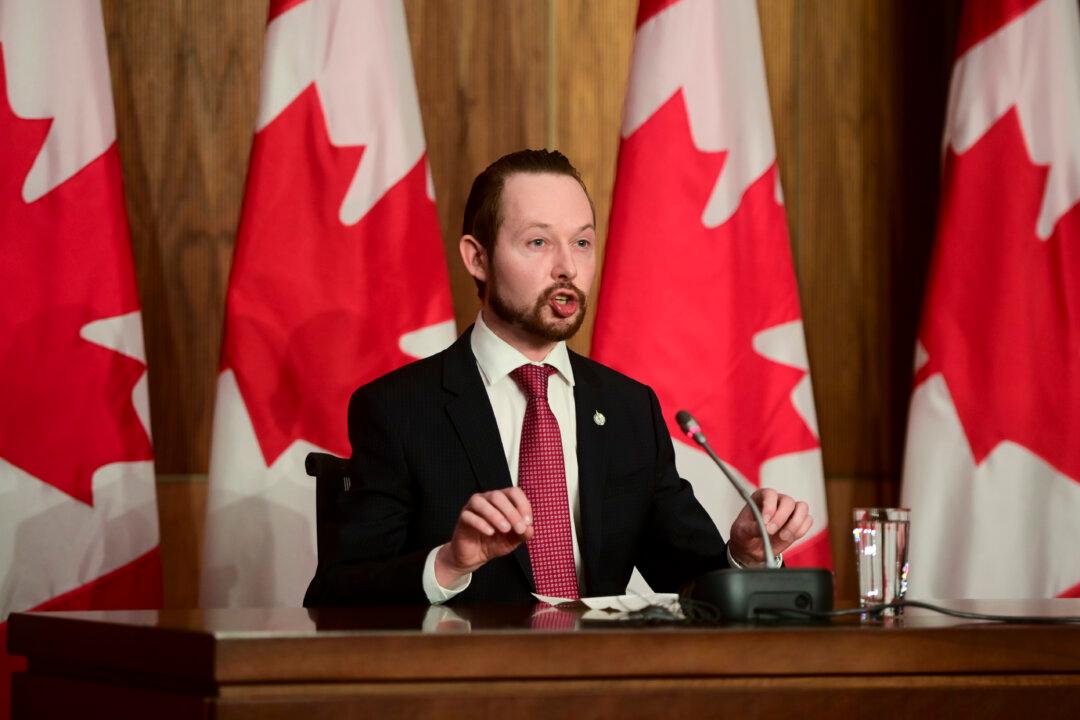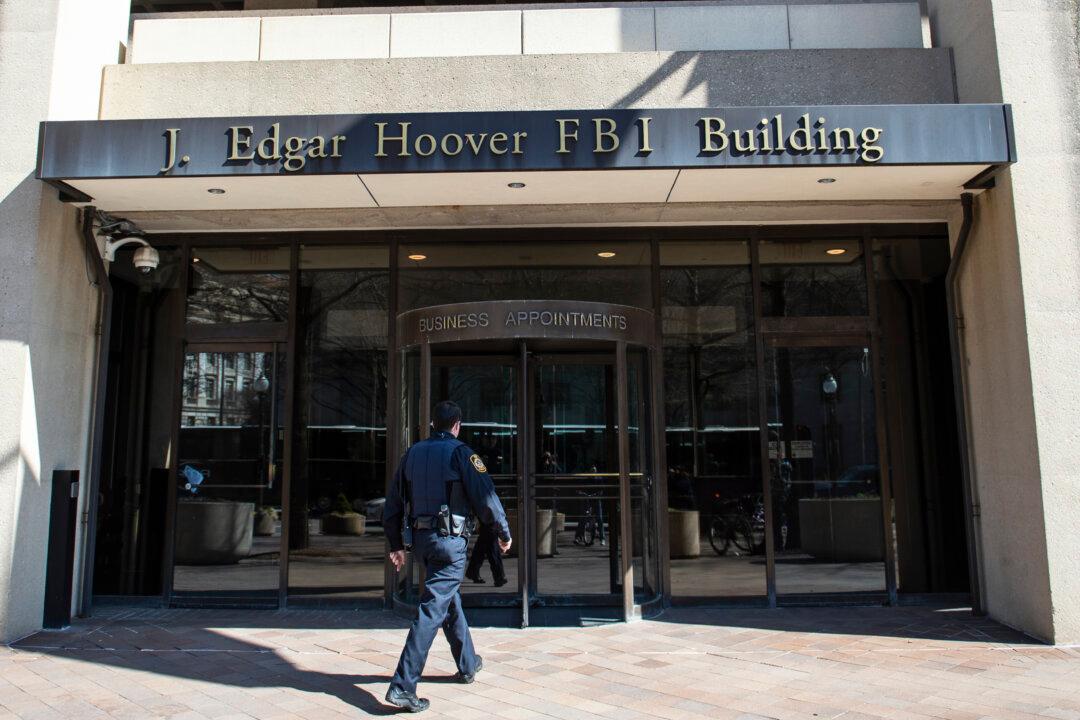A private member’s bill that aims to strengthen Canada-Taiwan relations would be beneficial to Canada in a number of ways, says Conservative MP Michael Cooper, who tabled the legislation in the House of Commons on June 17.
Bill C-315, the Canada-Taiwan Relations Framework Act, establishes a framework for providing greater certainty and clarity for Canada to develop its relationship with this major democratic ally, Cooper told The Epoch Times.





